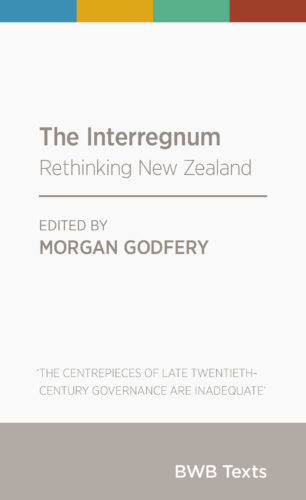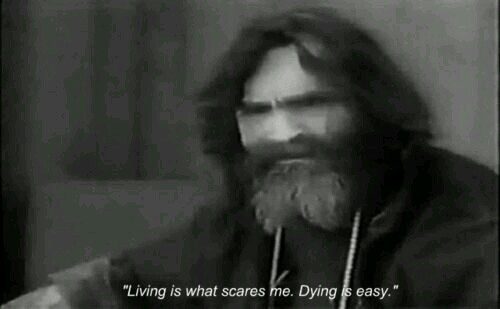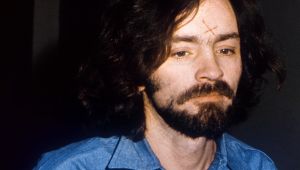
This reading carries on from here.
The fourth essay in The Interregnum is ‘Climate Change and Just Transition’ by Edward Miller. Keeping with the theme of the book so far, Miller describes himself as “a political activist with a keen interest in global justice,” and declares the enemy as “the deeply held commitment of large businesses and governments to maintaining economic growth at all costs.”
Miller laments that neoliberalism has made conditions worse for the “most vulnerable of society,” and it is for them who Miller claims to speak. There is already a problem with this, as anyone who has spent time around the most vulnerable of society would know, and it’s that people with pressing, immediate problems couldn’t care less about things like “global justice”.
Writing of the need to sacrifice economic growth for the sake of lowering our carbon emissions, Miller suggests that he is completely engrossed in the bubble of middle-class privilege, like many Green supporters. The practical reality is that sacrificed economic growth means workers getting fired, hours being cut, health care being postponed or cancelled, and children going hungry – considerations often lost on the young and carefree.
Action on climate change is described as something “we so desperately need” – further evidence that Miller lives in an echo chamber. What we need are better wages, better houses, and better attitudes to mental healthcare and to child abuse. Problems with proximate causes and clear solutions. Focusing on problems with clear solutions will all us to ensure that our energies are not wasted from virtue signalling about issues we cannot affect.
Much like other commentators in this book so far, Miller attacks neoliberalism as if it was an evil that sprang from nowhere upon an unsuspecting world in the mid 1980s. This is perhaps to be expected of young writers who are yet to comprehend that history and the world existed before they were born, and were not things discovered by them.
But it’s difficult to take seriously a work that does not place neoliberalism in its context of the complete collapse of the Soviet Union and the West’s increasing awareness that Communism had directly led to the starvation of tens of millions of people. In the 1980s and early 1990s, Communism appeared to the world as a monstrous evil that had, after almost half a century, finally been defeated. It was natural that things move in the direction away from it.
Almost certainly, this movement away from Communism went too far, as political movements tend to do, and so neoliberalism does need to be balanced. But we don’t need to balance it with economic and social policies that have established historical precedents of failure.
The idea of returning the means of production to the masses via an unelected ideological elite that purports to speak for those masses is known to be suicidal, but Miller avoids this easy fantasy, making a successful point when he promotes the idea of a universal basic income by means of the Government printing money.
Unfortunately, the fate of those other men who have proposed debt-free Government-backed money (McKinley, Lincoln, Hitler, Kennedy, Gadaffi) is ignored here. Perhaps this book is not thick enough for the kind of investigation necessary for such a thing.


